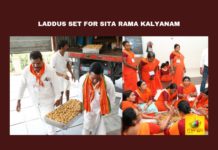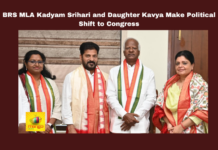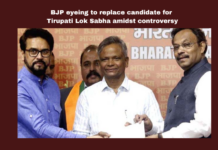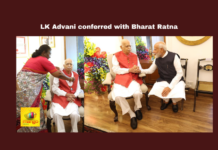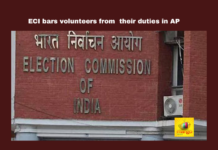It is rare to find people who selflessly work towards the welfare of women in our society. Deepali Vandana is one among a million who stood up for women who are the victims of trafficking, prostitution and economic discrimination. Deepali, a Mumbai based social worker founded The Urja Trust in 2012. The victims are housed in a shelter home and later shifted to group homes once they become financially stable. In an interview with The Better India, Deepali said, “We should understand that these girls are not playing the victim card; they want to make their lives better and live independently.” The women are easily exploited since they belong to marginalised sections of society.
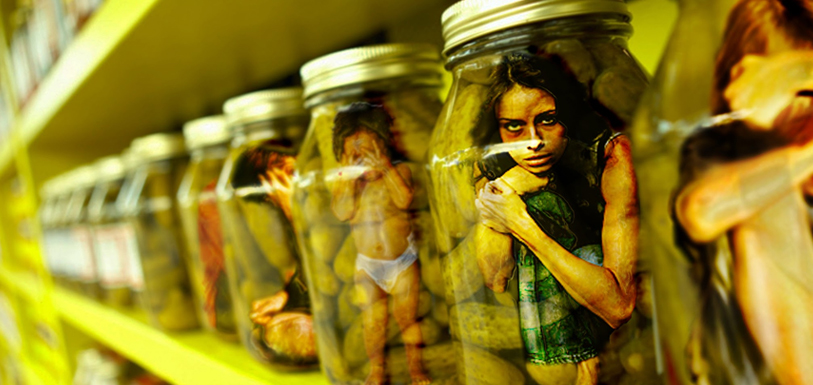

Being a Dalit woman, Deepali had the courage to stand up to the society where people are classified along the lines of caste, religion and gender. Deepali says, “When their basic rights are taken away or they are told not be ambitious, no one comes forward to help because they belong to marginalised sections of society. And more often than not, because they do not have any knowledge about their rights, they are easily exploited.” The trust has rehabilitated 250 women in the past four years and provides shelter to 50 women every year. The place where these women are sheltered was once a garment factory.
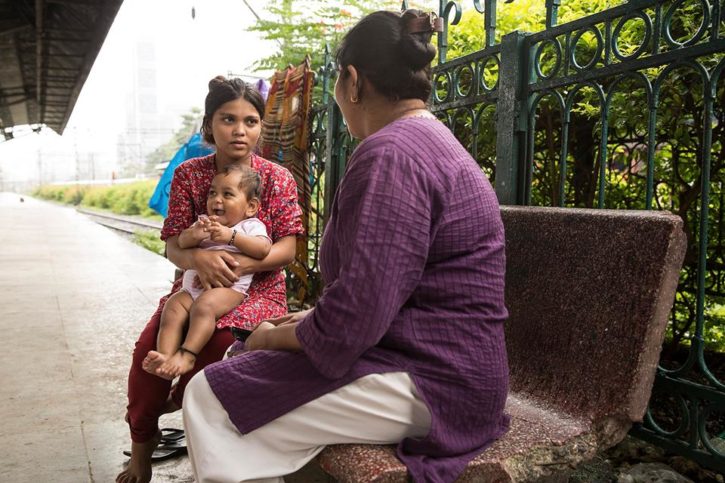

Women who are the victims of trafficking and prostitution are mostly the ones who hail from West Bengal and Kerala. It is not easy to approach them because they don’t trust strangers and are suspicious of them. But with time Deepali managed to connect with then and save these women from such an awful state in life. Deepali says, “When we had just started out, people weren’t ready to give us space to house single women. As you know, there is an immense social stigma against women who chose to live alone and independently. People were very quick to make judgments about the character of the girls who joined us at the shelter.” The women who face immense trauma are given both psychiatric and legal counselling at the shelter. Then they are trained in different fields according to their area of interest like a beautician course, sewing, animation, driving, tying and sales.
The women are also given a non-formal educational training in which they are taught the basics of Maths and English after which they take the National Institute of Open Learning exams. Once they become independent and find partners, they are encouraged to leave the shelter. “There is absolutely no compulsion to stay,” says Deepali.


